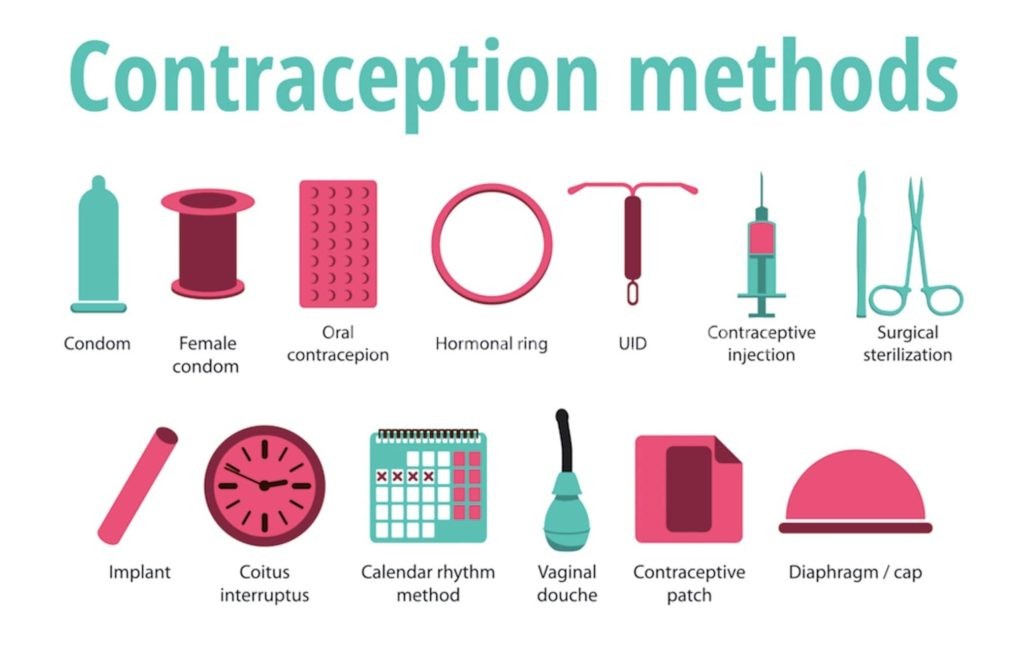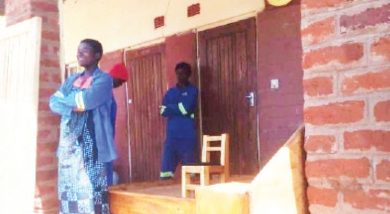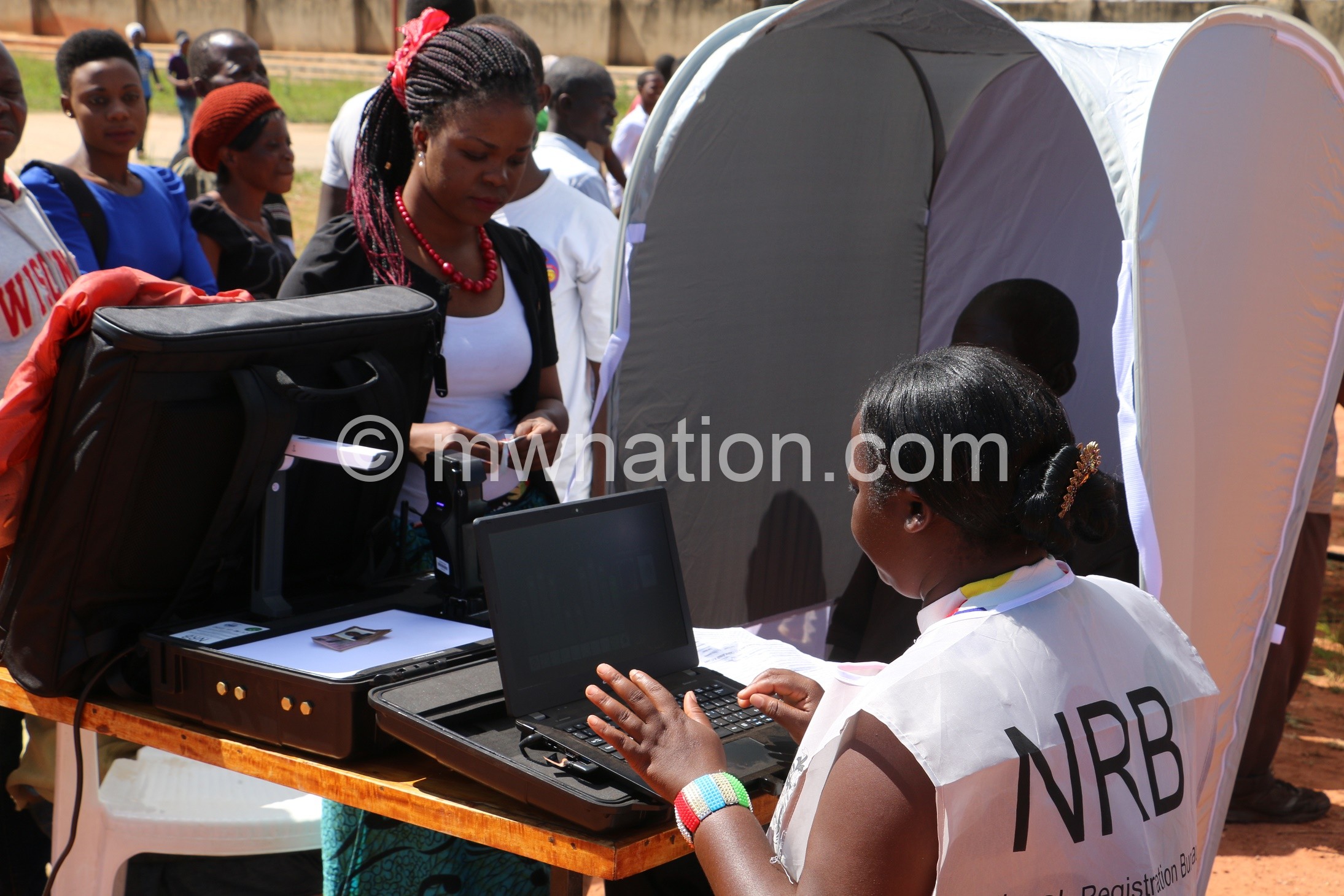Erratic contraceptives supply risk pregnancies, STIs among youths
The inconsistent supplies of emergency contraceptives has increased risks of early and unplanned pregnancies and sexually transmitted diseases amongst the country’s youth, Nation Publications Ltd (NPL) can reveal.
Machinga Hospital alone has registered 326 cases of post abortion complications care for girls of 10 to 24 years of age between the months of January and July this year. This, according to the hospital’s publicist Clifton Ngozo is on the higher side as compared to the same period last year adding that it is due to lack of emergency contraceptives among the youth.

Ngozo said that there has been a shortage of the emergency contraceptives since last year to this time around.
Charles Katole who is a champion for Sexual Reproductive Health and also represents Youth Network in Machinga has also bemoaned unavailability of emergency contraceptives in the district’s health facilities.
According to him youth have been forced to leave the facilities with the contraceptives whenever they visit in case of emergencies and this has fuelled a spate of unplanned pregnancies and untreated sexually transmitted diseases amongst the youth.
Said Katole, “Members from seventeen youth clubs from this network have been facing challenges to access contraceptives for about a year now.”
Youth Friendly Health Services for the district, Chikondi Milanzi has confirmed the development, saying that the contraceptives have been scarce in the district for over six months.
According to him the scarcity is among other things because of increasing demand over the years.
The commodities in scarcity are mostly the emergency contraceptives which are highly sought after by the youth.
Said Milanzi, “Already the fertility rate in Machinga is 7 percent which is higher than the national fertility rate amongst the youth of 4.3 percent and this scarcity will obviously push the figures further up.”
According to Youth Friendly Health Services Coordinator for Lilongwe, this scarcity is not only on the emergency contraceptives bit even treatment for sexually transmitted diseases.
This, in his view, has the potential of creating deeper and more complex problems since when they don’t find the commodities or the treatment, the youth run out of options for treatment.
He said, “These are mostly school going youth who don’t have a source of income as such they can’t afford to go to a pharmacy to procure such commodities and they get sent back. It means that the problem remains unsolved and even bears another more complex problem.”
National coordinator for Youth Friendly Health Services, Hans Katengeza, has said that the scarcity has mostly been because of the rising demand due to increased sensitization by government over the years.
Because the youth have been made aware of where to get the services they are now demanding for the same thereby depleting the stocks there. On the other hand the health facilities are also expected to improve on reporting and documentation of the distributed Communion duties so that they can also get their stocks replenished on time.
The Covid-19 situation did not help matters as partners who, mainly procure the contraceptives for Malawi, prioritized shipping Covid-19 response materials to the contraceptives.
Said Katengeza, “It has been difficult to meet the demand which we created amongst the youth due to factors such as budgeting, prioritization of commodities to be shipped during the Covid-19 pandemic period and other logistical issues locally.”
Over ninety eight percent of the contraceptives in this country are bought by partners while Malawi government procures slightly above one percent of the contraceptives needed annually.
In 2018 the budget for contraceptives was US$14 million while in 2019 the budget was US$17 million, in 2020 it was US$19.5 million while in 2021 the budget was US$23.4 million.





